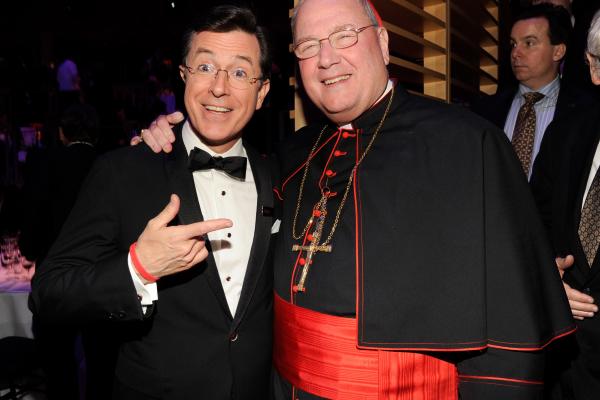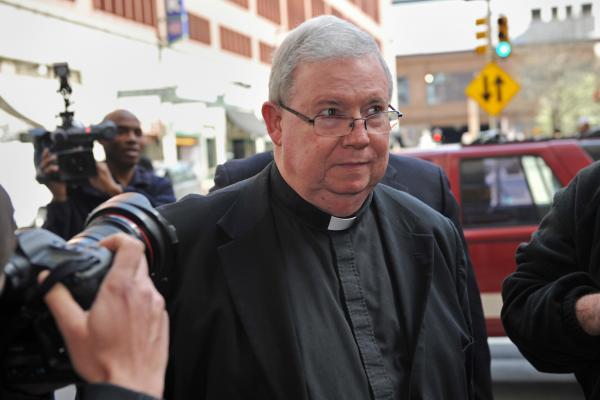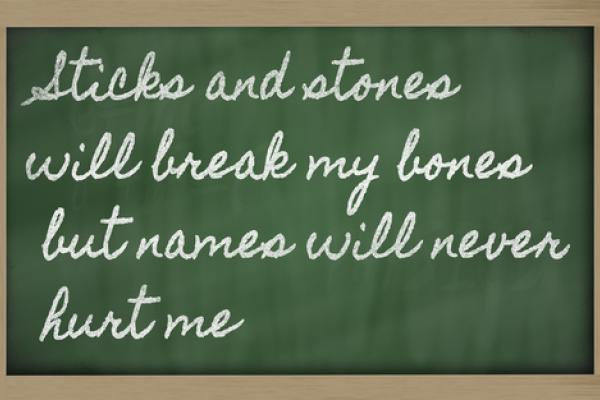Forget Wall Street. Today's "best and brightest" are heading to California's Silicon Valley and New York's Silicon Alley, and to a few other tech-startup hot spots.
Thousands of aspiring engineers, web developers, designers and marketers live in dormitories, work in open-floor bullpens, attend coding competitions to enhance their skills, and work hours that defy body chemistry. It sounds like fun.
Some work on projects that make a positive contribution to society; some are coding games, entertainment apps, and schemes to monetize friendships.
They take stock for pay and wait for the magic letters "IPO" to appear. Meanwhile, their employers fight for their loyalty with free food and party-on office cultures.
The brass ring they chase looks like Marissa Mayer, the 37-year-old former Google star who was tapped to lead Yahoo out of its extended doldrums. Like any public person, Mayer is painted in stark colors: as both immensely talented and merely lucky, an inspiring leader and a rude monster, likely to succeed and sure to fail.
NEW YORK — So who is the funniest Catholic in the Western world: New York Cardinal Timothy Dolan or Comedy Central's Stephen Colbert?
It's a tough call for anyone who has followed either man's impressive record of rim shots, but we may finally get an answer to that urgent question when the cardinal and the comedian team up for a panel on faith and humor this September at Fordham University in the Bronx, N.Y.
“I’m looking forward to a great conversation with a terrific theologian and a gifted comedian. They are both,” quipped the Rev. James Martin, a Jesuit priest and popular author. Martin will be moderating the Sept. 14 event, titled “The Cardinal and Colbert: Humor, Joy, and the Spiritual Life.”
Martin’s recent book, Between Heaven and Mirth, explores the relationship between humor and faith, and the priest said that the panel wouldn’t be just a couple of Catholic tummlers yukking it up for the audience – or distracting the public from the many controversial stories about the church.
“This is just what the Catholic Church needs,” said Martin, who has been on The Colbert Report so many times that he is called the official chaplain of the Emmy-winning news parody program. “Being joyful does not mean that you overlook suffering or pain or even scandal.”
Monsignor William J. Lynn, the first U.S. Catholic official convicted for covering up the sexual abuse of children, was sentenced to 3-6 years in prison on Tuesday.
Lynn, 61, has been in jail since his June 22 conviction on endangering the welfare of a child. Prosecutors were seeking the maximum penalty, up to seven years.
“You knew full well what was right, Monsignor Lynn, but you chose wrong,” said Common Pleas Court Judge M. Teresa Sarmina.
Sarmina told Lynn that he enabled “monsters in clerical garb … to destroy the souls of children, to whom you turned a hard heart.”
Lynn was head of priest personnel for a dozen years and was one of the highest-ranking officials in the Archdiocese of Philadelphia.
Bruce Springsteen surprises memorial concertgoers in Oslo with a performance of "We Shall Overcome" --- Banksy's controversial Olympic art raises questions in London --- Lord Voldemort's Super PAC --- Ben Gibbard sings ode to ex-Mariners right fielder, Ichrio --- Saturday Night Live plans presidential election specials. See these and more in today's Links of Awesomeness...
A federal appeals court has upheld Georgia’s ban on bringing guns into places of worship.
The Rev. Jonathan Wilkins, a Baptist pastor, and a gun-rights group had argued that church members should have the right to carry guns into worship services to protect the congregation.
But the 11th U.S. Circuit Court of Appeals ruled on July 20 that a Georgia law adopted in 2010 does not violate the Thomaston congregation’s First and Second Amendment rights.
Gun-rights advocates might want a weapon for self-defense, but that is a “personal preference, motivated by a secular purpose,” the court ruled.
Jerry Henry, executive director of GeorgiaCarry.org, said the minister and his organization are mulling an appeal to the U.S. Supreme Court.
Editor's Note: The following is a question from Christian Piatt's book Banned Questions About Jesus. It is on sale on Amazon Kindle for $2.99 through July 25.
Jarrod McKenna: No.
Jesus did not come to bring peace but a sword. And we as disciples must wield the same sword Jesus brings, and no other.
The question is, what is this sword?
What is this sword that heals rather than harms enemies?
What is this sword that never collaborates or mirrors the Powers, thereby exposing their addiction to violence?
What is this sword that prophetically turns over tables of idolatry and injustice in a judgment that does not harm, hurt, coerce or kill anyone?
What is this fire that is ablaze with the very presence of I AM in response to the cries of the oppressed, this fire that does not destroy the bush in which it burns?
What is this power that is ablaze on the cross, sucking the oxygen of injustice and violence from creation then causes a cosmic backdraft in the resurrection, setting the world alight with the love that conquers death?
"Sticks and stones may break my bones but names will never hurt me."
I was sitting outside on the playground bench wiping the tears of a child when this proverb came to mind. It isn’t true, of course. Nancy was a second-grader going through an evaluation process to help us understand why she couldn't read. Kayla was one of her classmates. As they were climbing the ladder of the slide, Kayla yelled out, "Nancy is retarded!"
Ouch.
Words can break our hearts.
Across five states and 20 years, on the couch at the psychoanalyst’s, wadded Kleenex in my hands, and kneeling on the marble floor of the confessional, incense curling through my hair, I sorted through the jagged prisms of experience that, as a child, I did not understand: What it means to be in the constant presence of someone who does not look you in the eye, who lives beyond the bar of constant preoccupation.
I didn’t understand then the tiresome vigilance I’d develop as a result—the almost unconscious, constant mental sorting to see if, at that moment, I was OK, or if others were about to abandon me forever—a reaction I’ve heard is common among children of alcoholics, and which I’ve seen myself in the needy inner-city children I have taught.
Along the way, I discovered that the seed of my mother’s sadness had been there all along, from my earliest memory, well before my father died. And by the time I was a toddler, the seed had germinated in me, too.
When people who have immigrated to another country through methods other than the official legal system are discussed, we hear quite a few words bandied about: “illegal,” “undocumented,” and “alien” just to name a few. The terms are often used interchangeably, but are these terms interchangeable? On NPR’s, Tell Me More, Professor Kevin Johnson, Dean of the law school at the University of California at Davis says no.
“I fear that ‘illegal immigrant’—the term—is a loaded term. It is not as loaded as some of its predecessors like ‘illegal alien’ or ‘wetback,’ but it still is a loaded term,” says Johnson.







